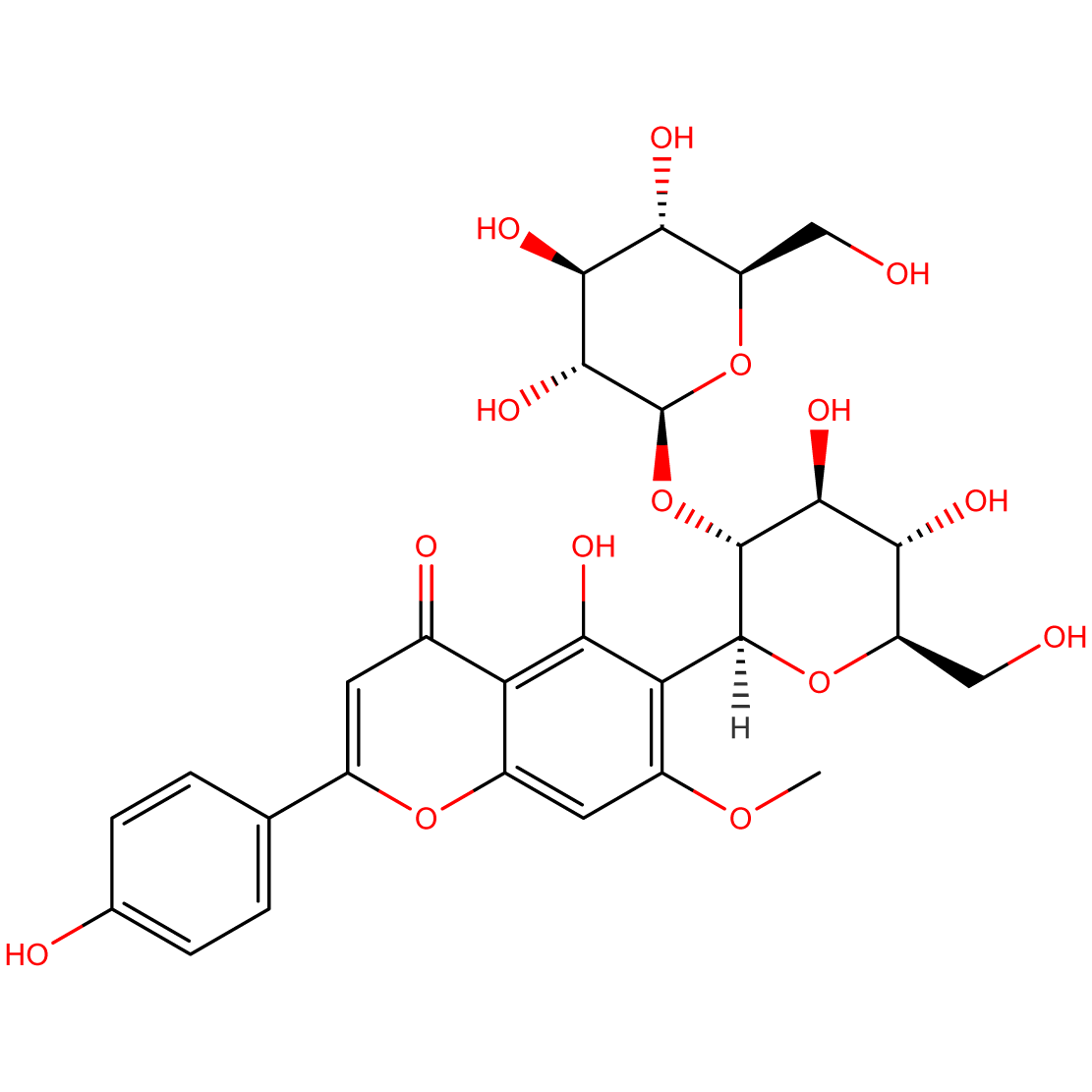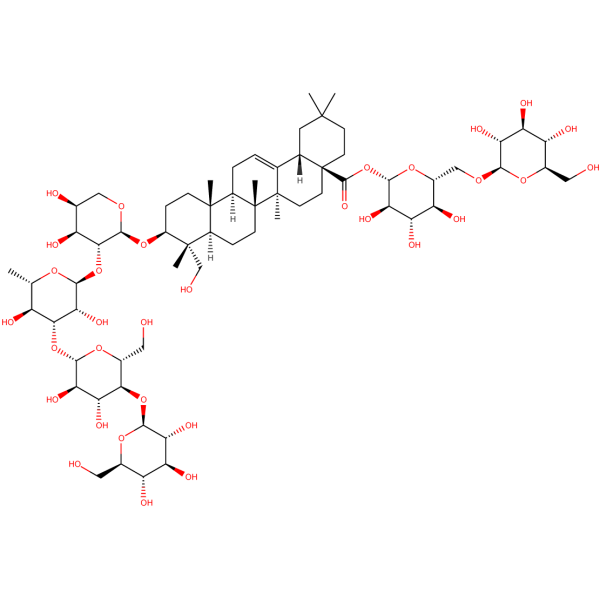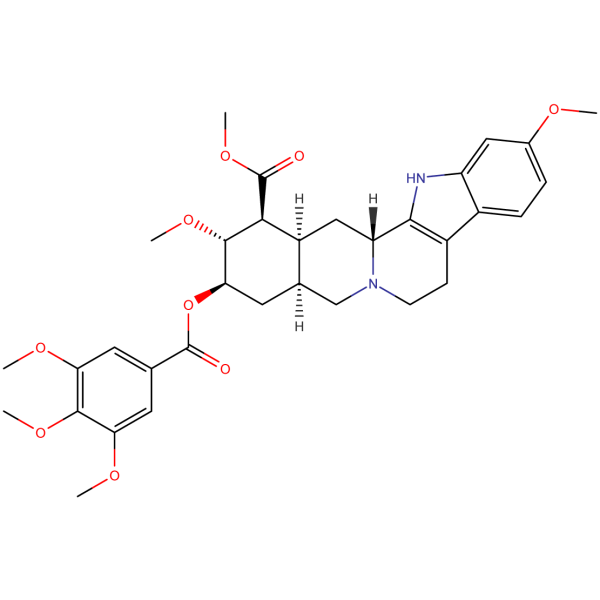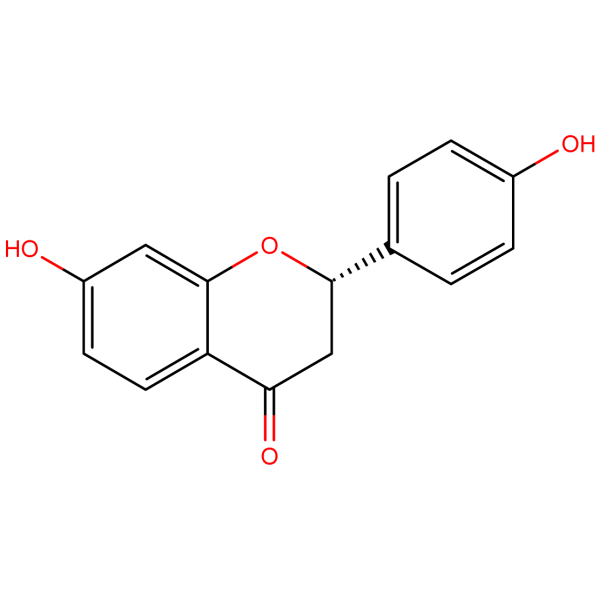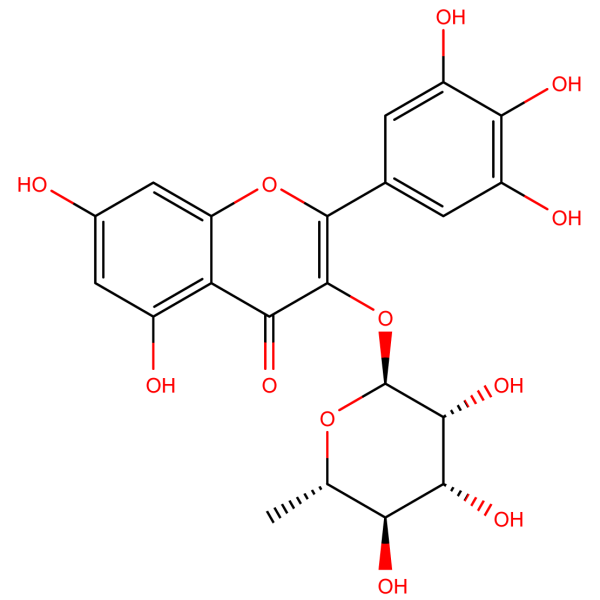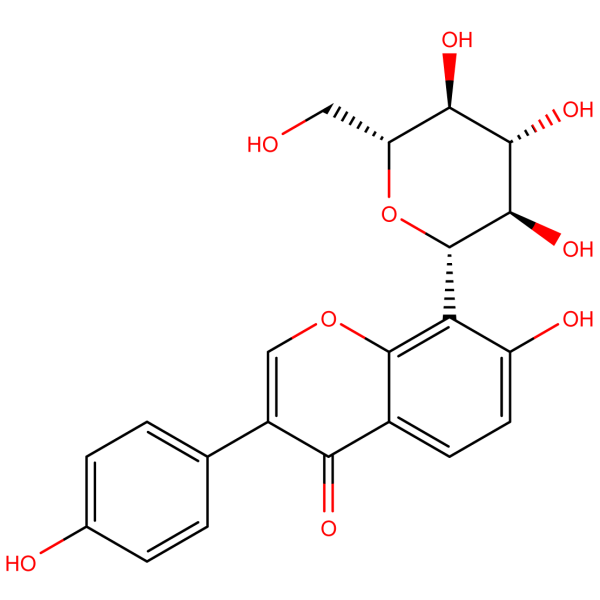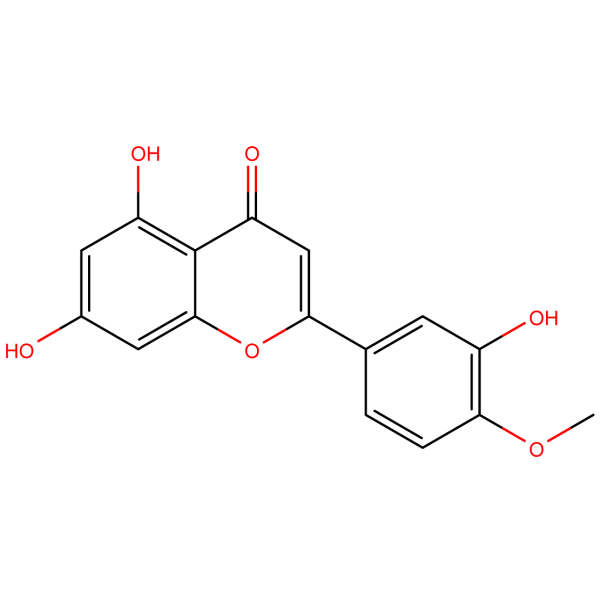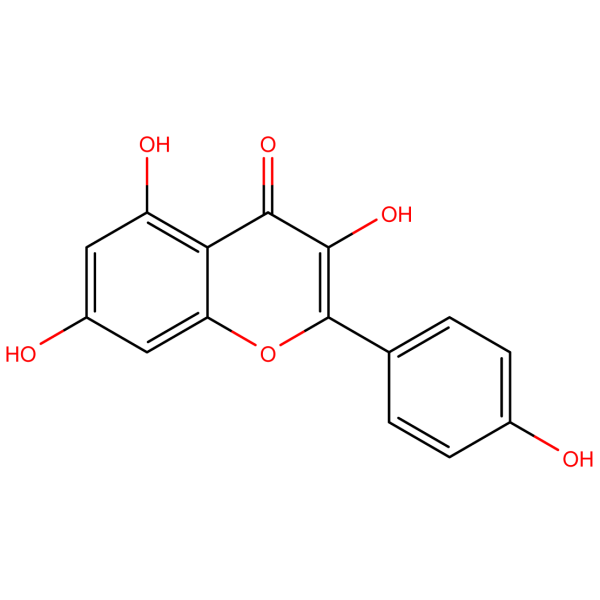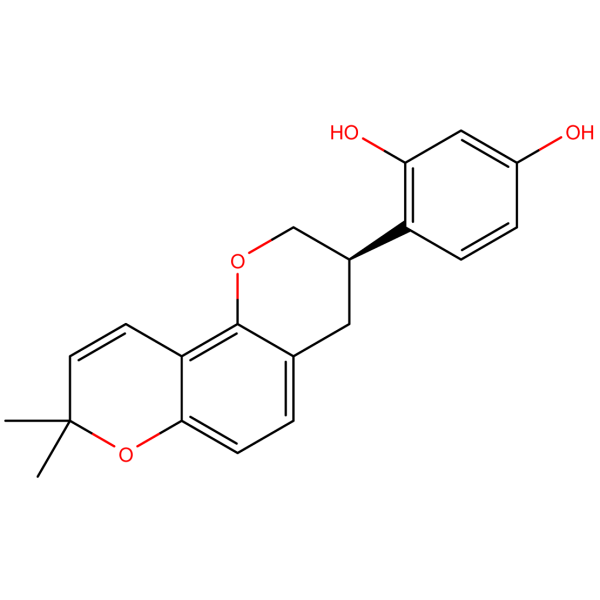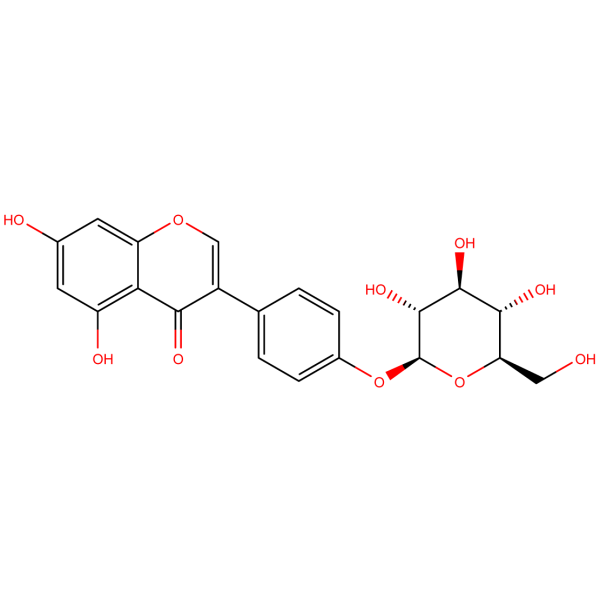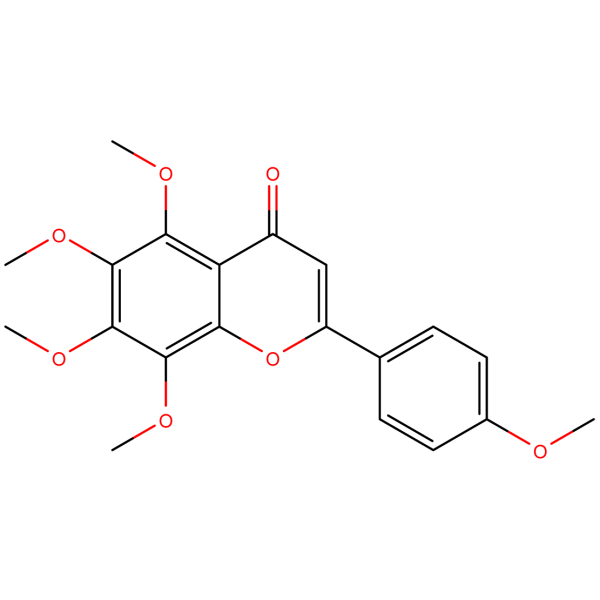Spinosin: Bioactive Flavonoid for Neuropharmacological Research
1. Molecular Identity
- Chemical Name: 2-(4-hydroxyphenyl)-8-[(2S,3R,4S,5S,6R)-3,4,5-trihydroxy-6-(hydroxymethyl)oxan-2-yl]oxy-3-[(2S,3R,4R,5R,6S)-3,4,5-trihydroxy-6-methyloxan-2-yl]oxy-4H-chromen-4-one
- CAS Number: 72063-39-9
- Source: Isolated from Ziziphus jujuba var. spinosa (Semen Ziziphi Spinosae)
2. Biochemical Significance
Spinosin is a C-glycoside flavonoid with unique pharmacological properties. Its presence in traditional Chinese medicine and its potential effects on the central nervous system make it a compound of significant interest in neuropharmacology and natural product research.
3. Key Properties
- Sedative Effects: Demonstrates potential in promoting sleep and reducing anxiety
- Neuroprotective: Shows promise in protecting neuronal cells
- Cognitive Enhancement: Indicates potential benefits for memory and learning
- Antioxidant Activity: Exhibits free radical scavenging capabilities
4. Potential Research Applications
- Insomnia and sleep disorder studies
- Anxiety and mood disorder research
- Neurodegenerative disease investigations
- Traditional Chinese Medicine (TCM) formulation studies
5. Current Research Focus
Ongoing studies are investigating Spinosin’s effects on:
- GABA receptor modulation and sleep regulation
- Neuroprotection mechanisms in various brain disorders
- Cognitive function and memory enhancement
- Synergistic effects with other TCM compounds
6. Formulation Challenges and Innovations
Researchers are actively working on:
- Enhancing bioavailability and blood-brain barrier penetration
- Developing stable formulations for various delivery methods
- Creating synergistic combinations with other natural sedatives
7. Regulatory Considerations
As a naturally occurring compound in traditional medicine, Spinosin’s (CAS 72063-39-9) regulatory status varies by region. Its use in specific therapeutic applications would require comprehensive safety and efficacy evaluations to meet regulatory standards.
8. Future Research Directions
The scientific community anticipates:
- Advanced clinical trials for sleep and anxiety disorders
- Exploration of Spinosin’s potential in combination therapies
- Investigation of long-term effects on cognitive function
9. Collaborative Opportunities
We invite neuropharmacologists, sleep researchers, TCM practitioners, and academic institutions to explore the research potential of Spinosin. For inquiries, collaborations, or to discuss how Spinosin can benefit your research projects, please contact us at sales@nstchemicals.com.
Join us in advancing neuropharmacological research with Spinosin – a promising flavonoid at the intersection of traditional medicine and modern neuroscience.

